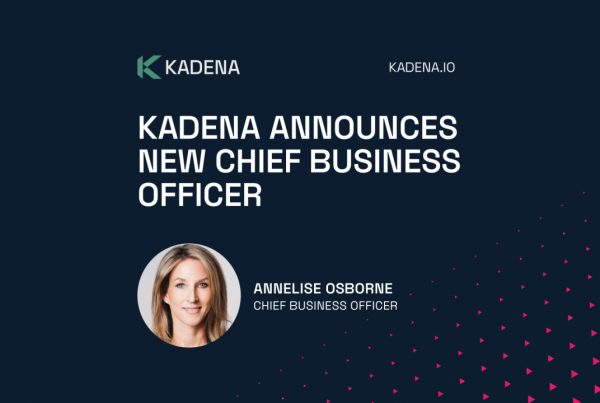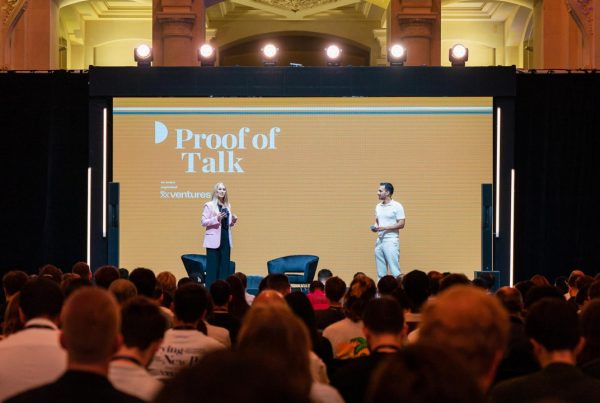
Pangea Ocean Cleanup has announced that on Sunday 19th of September they will migrate to SeaChain (www.SeaChainToken.com), a fully decentralised, community-governed ecosystem built on and powered by blockchain that seeks to be the solution for ocean plastic pollution.
The Pangea Ocean Cleanup ($POC) token originally launched in May with a simple mission to fund river barriers that stop plastic waste reaching the ocean and reached a market cap on launch of over $20 million USD. Their migration from POC to SeaChain ($SEACH) brings several major upgrades to the new contract (already audited by HashEX). SeaChain will also now launch on ApeSwap, a rising leader in the DEX community with over 1 million monthly active users and a thriving community of hundreds of thousands of investors.
8 million tonnes of trash enters the ocean every year and by 2030, it is predicted this number could reach as high as 53 million tonnes. Pollution is not just unsightly, it causes the death of 100 million marine animals each year and is increasingly causing the destruction of ocean habitats and coral reefs vital to marine life. The global plastic pollution crisis is approaching an irreversible tipping point and SeaChain aims to provide a suite of solutions focused on direct impact and long-term infrastructure to mitigate the problem.
Initially, SeaChain will take action by funding river barriers in the 1,000 most polluted rivers; meanwhile, long-term they plan to develop their own blockchain network to provide supply chain tools to increase transparency and provide trustable verification solutions for the plastic economy.
Among the new features and upgrades the SeaChain migration brings are the implementation of a community governance system that allows holders to make and vote on proposals to dictate the use of funds in a community wallet, as well as improved tokenomics comprising a 10% network fee of which 5% rewards token holders through redistributions, 1% rewards liquidity providers, 1% is placed in a community wallet, and the remaining 3% funds the mission. The launch of SeaChain will be combined with a major airdrop campaign totalling 1% of initial supply (10 billion SeaChain tokens) and 40% of the tokens (400 billion) will be burned on launch, with a further 10% marked for future burns.
80% of the trash that enters our oceans comes from only 1,000 rivers around the world. SeaChain is tackling the problem at source by funding the placement of low-cost, easily producible river barriers in these most polluted rivers. The first barriers placed in Indonesia are already collecting over 100 kilograms of trash daily, while also injecting funds into the local community through SeaChain’s partners using local workshops to make the barriers and hiring local workforces to maintain them.
Trash is collected from the barriers each day and taken to trash banks where it is weighed and sorted to identify the types of materials and the source of the trash to determine how it can be recycled or disposed of and who was responsible for its manufacture. By facilitating the removal of the trash and identifying the recyclable materials, SeaChain supports the creation of a reformed plastic economy that can supply manufacturers with verified recycled plastic instead of requiring the creation of new virgin plastic.
The SeaChain Network
Reports show that 91% of plastic does not get recycled, and SeaChain’s goal is to advance a fundamental transformation of the plastic economy framework to one focused on recycling. They envision the creation of an ecosystem in which end-of-life trash is seen as a source of profit rather than waste. Thus in the long term, SeaChain plans to develop a sustainable blockchain network to scale transparent and trustable supply-chain solutions for the plastic economy.
The potential uses of SeaChain’s planned Blockchain network include supply chain verification services to increase the value of recycled trash and prove its veracity and provenance, certification of plastic credits to enable environmentally conscious organisations to offset their plastic use and production, and a marketplace for the exchange of plastic credits. These tools will help to reduce the production of new plastics and drive more consumers, suppliers and manufactures to use recycled products.
Many brands claim their products are recyclable when they are not, while others tell consumers their products are eco-friendly or made of recycled materials. Some of these claims are true but cannot be proven while others are misleading tales far from the truth. SeaChain’s blockchain solutions will seek to enable brands to create trust in their claims regarding the use of recycled plastic.
Furthermore, SeaChain intends to design the blockchain network in a way that will not only support the development of beneficial applications and projects with an aligned mission, but also to fund NGOs who are saving our oceans through a portion of the network’s gas fees.
Discover more about SeaChain:
Website: www.seachaintoken.com
Twitter: https://twitter.com/SeaChainToken
Telegram: https://t.me/SeaChainNetwork
Audit: https://github.com/HashEx/public_audits/blob/master/seachain/SeaChain%20report.pdf



